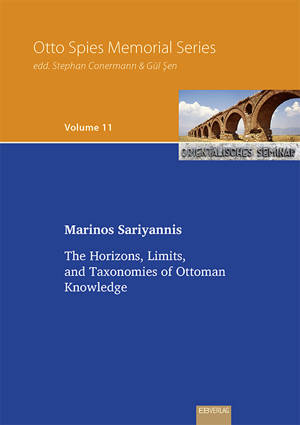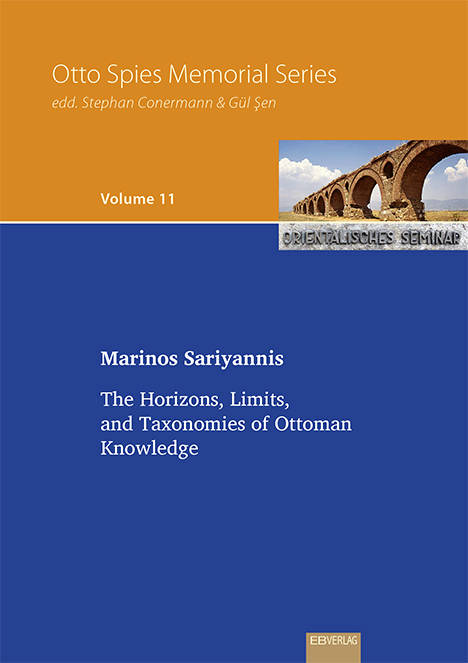
Bedankt voor het vertrouwen het afgelopen jaar! Om jou te bedanken bieden we GRATIS verzending (in België) aan op alles gedurende de hele maand januari.
- Afhalen na 1 uur in een winkel met voorraad
- In januari gratis thuislevering in België
- Ruim aanbod met 7 miljoen producten
Bedankt voor het vertrouwen het afgelopen jaar! Om jou te bedanken bieden we GRATIS verzending (in België) aan op alles gedurende de hele maand januari.
- Afhalen na 1 uur in een winkel met voorraad
- In januari gratis thuislevering in België
- Ruim aanbod met 7 miljoen producten
Zoeken
Omschrijving
Every culture has its own "world of knowledge", a way in which it conceives the limits of human knowledge: what one knows, what one can know, and what one cannot know. This study seeks to explore the Ottoman "world of knowledge" and its historical development: the way the horizons of this mental universe were delineated in space and time; the way these horizons expanded (or contracted) over time; the way this universe was seen as having limits, showing fields that could not (or should not) be known and how these limits shifted to and fro in the continuum of reality; and, finally, the way knowledge was organized, i.e. taxonomies of the fields of science, demonstrating hierarchies of the world in relation to what was deemed necessary, useful, or harmful to man.
Specificaties
Betrokkenen
- Auteur(s):
- Uitgeverij:
Inhoud
- Aantal bladzijden:
- 115
- Taal:
- Engels
- Reeks:
- Reeksnummer:
- nr. 11
Eigenschappen
- Productcode (EAN):
- 9783868933758
- Uitvoering:
- Boek
- Afmetingen:
- 161 mm x 9 mm
- Gewicht:
- 190 g

Alleen bij Standaard Boekhandel
+ 27 punten op je klantenkaart van Standaard Boekhandel
Beoordelingen
We publiceren alleen reviews die voldoen aan de voorwaarden voor reviews. Bekijk onze voorwaarden voor reviews.









